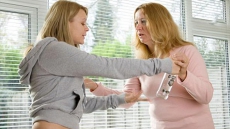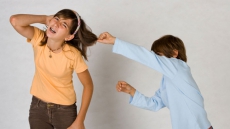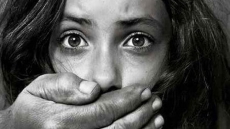In the largest such study on sexual and emotional infidelity, researchers from Chapman University have learnt that men and women are different when it comes to feeling jealous.
The poll of nearly 64,000 Americans provides the first large-scale examination of gender and sexual orientation differences in response to potential sexual versus emotional infidelity in adults.
"Heterosexual men really stand out from all other groups: they were the only ones who were much more likely to be most upset by sexual infidelity rather than emotional infidelity," explained David Frederick, lead author on the study.
According to the findings, heterosexual men were more likely than heterosexual women to be most upset by sexual infidelity and less likely than heterosexual women to be most upset by emotional infidelity.
Participants imagined what would upset them more: their partners having sex with someone else (but not falling in love with them) or their partners falling in love with someone else (but not having sex with them).
Consistent with the evolutionary perspective, heterosexual men were more likely than heterosexual women to be upset by sexual infidelity and less likely than heterosexual women to be upset by emotional infidelity.
Bisexual men and women did not differ significantly. Gay men and lesbian women also did not differ.
"The attitudes of gay, lesbian, and bisexual men and women have been historically understudied and under theorised in psychology, particularly in regards to tests of evolutionary perspectives," Frederick added.
Sexual and emotional infidelity can cause harm to both men and women, including leading to broken hearts, relationships coming to an abrupt and painful end and partner violence.
The responses of men and women to the threat of infidelity range from intense pangs of jealousy to elaborate displays of attention to woo their partner back.
"Jealousy can also trigger harmful and violent behaviour so it is important to understand what are the most potent triggers of jealousy," Frederick suggested.
A total of 63,894 participants aged 18-65 years completed the survey.
On an average, participants were in their late 30s.
The paper appeared in the journal Archives of Sexual Behavior.





